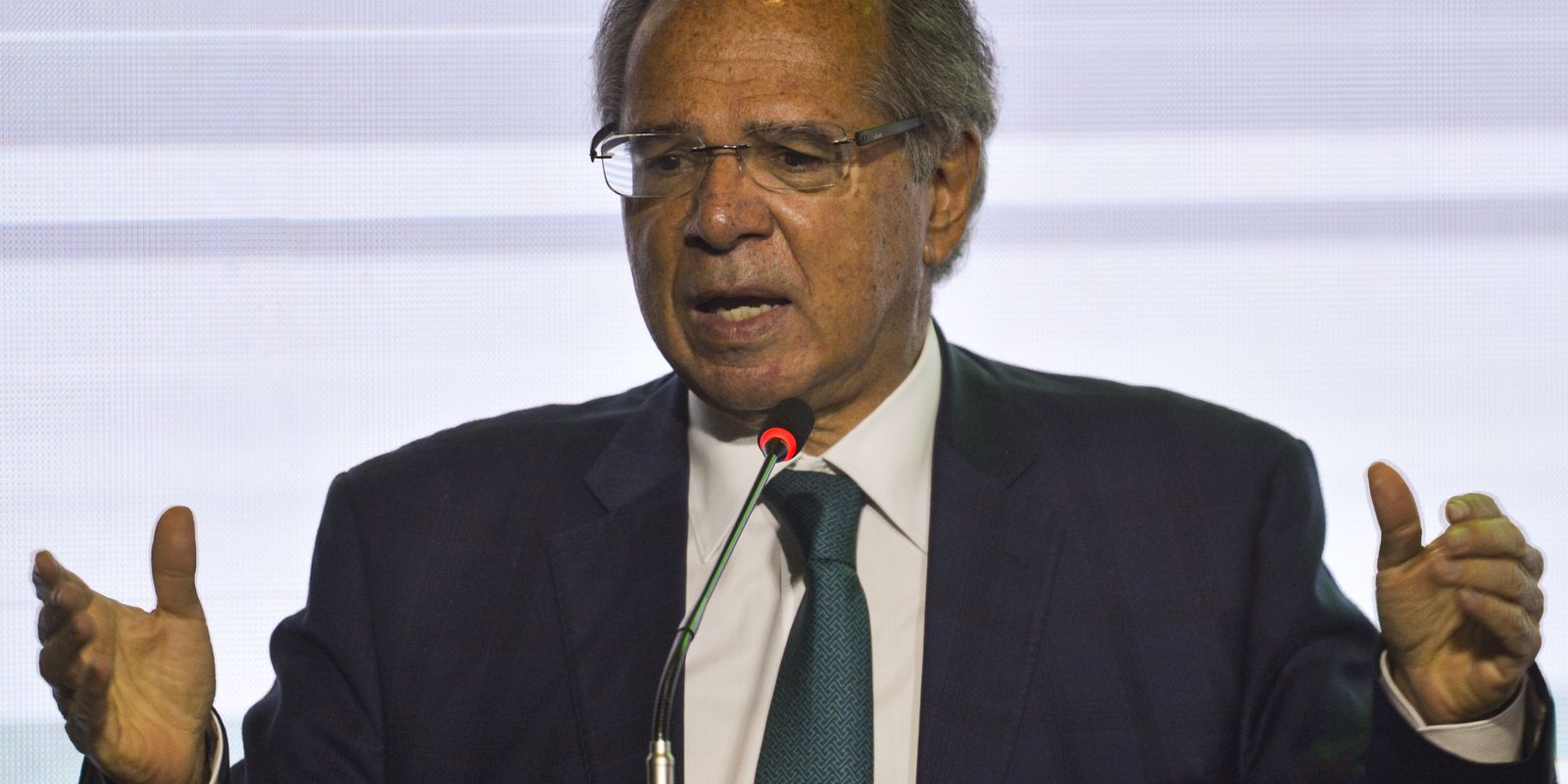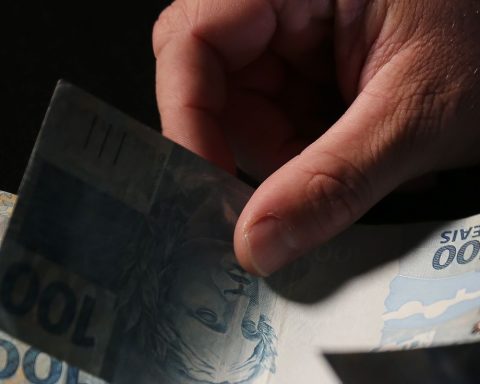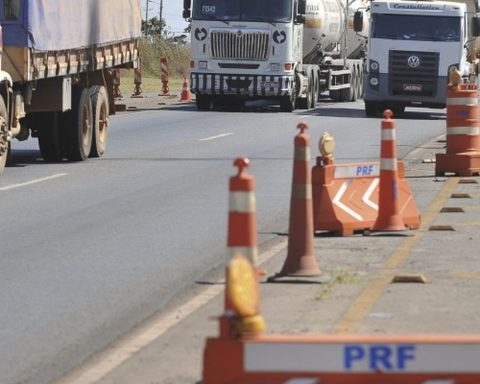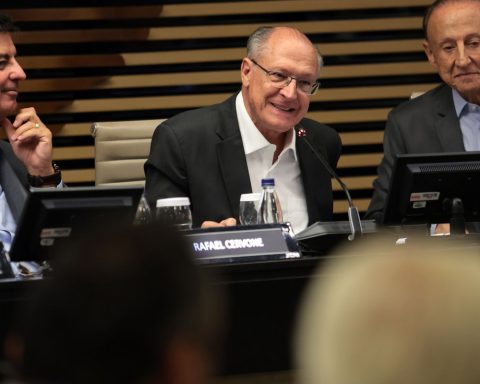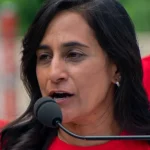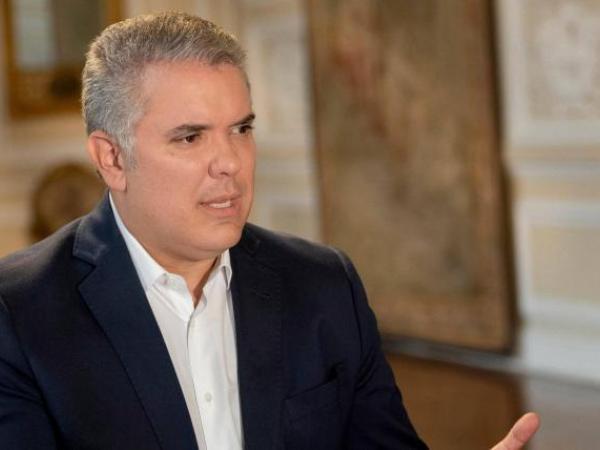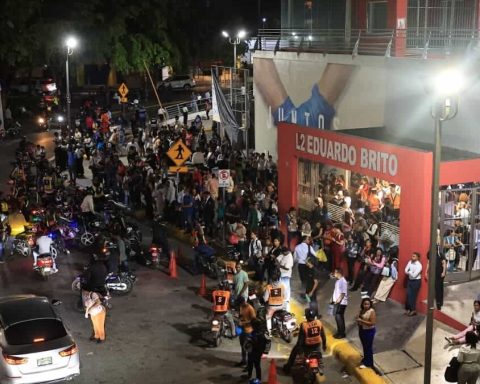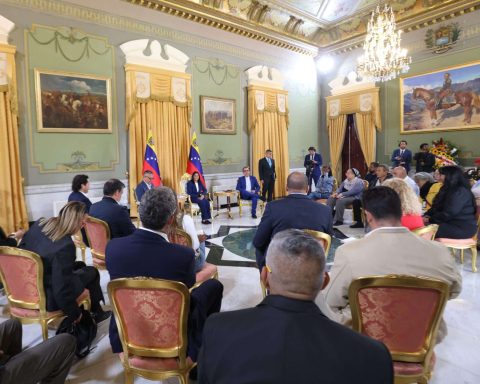Economy Minister Paulo Guedes said today (28) that, amid a global scenario marked by slowdown and recession, Brazil is going the opposite way, with growth close to 2% in 2022, and 3% to 4% in the following years. The statement was made during the opening of the Telebrasil Summit 2022 Panel, in Brasília.
According to the minister, measures are being planned aimed at significant reductions in taxes levied on industrial sectors, which should compensate for the loss of purchasing power of citizens, in addition to favoring a new cycle of investments in the country.
In his speech, Guedes described extremely pessimistic scenarios abroad and very optimistic at home. “Inflation has started to rise in the United States and we will have to live with it. The United States has gone through a long growth cycle that has come to an end, while we, in Brazil, are leaving the rehabilitation center, starting a cycle of annual growth of 3% to 4%, which will be for several years, if we continue in this rhythm,” he said.
“Now, don’t be alarmed by the problems outside. We will have high inflation in the United States and we will have recession. The noise will be deafening. But not for the Brazilian economy, which is one of the most closed in the world. We will now do the reindustrialization of Brazil,” she added.
Brazil, added the minister, reacted “with fulmination” to the crisis. “We are going to grow 1.7%, and should almost reach 2% [em 2022]”. “They said that the world would grow by 5% and they reversed it. They’re already saying there’s going to be a recession. They are just starting to face the problems. We have already managed to cross the wave and we will grow, with unemployment and inflation falling”, he added.
Transport and taxation
Guedes recalled that Brazil has a large amount of ore, which is exported to China, and that the country imports steel 40% cheaper than that produced in the country. According to the minister, the high cost for national production derives, among other factors, from the high cost of cabotage transport, “with six companies exploiting 200 million people”, and the high taxation of the industrial sector.
“The solution to this is to open up the market. Our idea is also to end the IPI [Imposto sobre Produtos Industrializados], because the IPI deindustrialized Brazil”, he added, remembering that the Brazilian government has already reduced this tax by 35%. “We want to download [a alíquota] to zero,” he added.
As he was at an event for telecommunications entrepreneurs, Guedes used examples from the sector to show the effects of this high tax burden for investments and for the development of technologies.
“Today, almost 40% of the costs of the telecommunications sector are taxes. This, in a sector that shows the importance of technology because the rule, in Brazil, is to tax what is easy, such as fuel, electricity and telecommunications. This destroys Brazil’s productive equipment. So let’s do away with taxes [que incidem] on the industry”, said the minister. He pointed out that 100% of the investment for those who bring machinery and equipment are deductible.
investment cycle
In this context, Guedes predicts that Brazil will start “a long investment cycle, unlike the world, which is ending a long investment cycle”. “Our conversations in Europe, in the United States, with the OECD [Organização para a Cooperação e Desenvolvimento Econômico] and with the G-20 [grupo formado pelos ministros de Finanças e chefes dos bancos centrais das 19 maiores economias mundiais mais a União Europeia] convinced us that an avalanche of investments is coming to Brazil if we continue on the path we are on. The US Secretary of State has said that, from now on, a requirement for investments in the countries is to have close logistics and to be a friend. It’s the call near shore it’s the friend shore“, said.
Therefore, added the minister, “there is no point in making semiconductors in Taiwan”. “With the rupture of production chains, the vulnerability of the economic system became very evident, because production stopped, and the sources are very far away. You have to be close and be a friend. And who is this economy, which is close to the United States and Europe? It’s Brazil.”
According to the minister, the situation is “unavoidable”, with Brazil destined to become Europe’s energy security and the world’s food security. “The world realized that Brazil is an energy power, as well as a huge consumer market.”
digital revolution
Guedes also said that Brazil cannot miss the digital revolution that the world is going through. “Covid-19 was an acceleration for the future. That’s where the importance of telecommunications emerged, including for agriculture and telecommunications,” he said. “We cannot miss the digital revolution, in this reconfiguration of the production chain. Semiconductors can be made here and we could enter a new phase in this digital revolution.”
